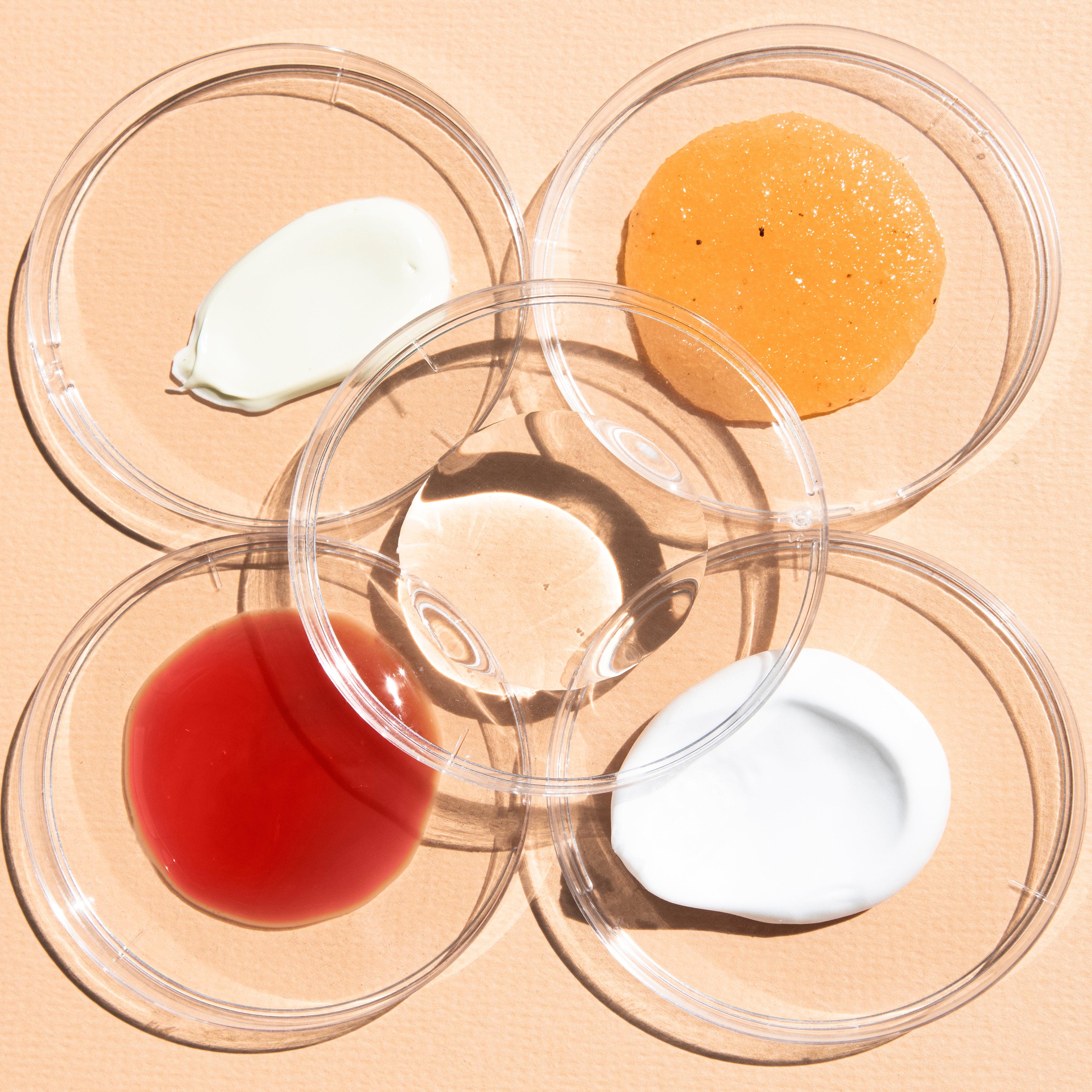What is Prebiotic Skincare?

A Comprehensive Guide to Prebiotic Skincare
Prebiotic skincare has become a hot topic in the beauty industry, promising to improve skin health by supporting the natural microbial balance. To understand what prebiotic skincare entails, it is essential to first grasp what prebiotics are. Prebiotics are non-living substances, often fibers, that serve as nourishment for beneficial microbes, primarily bacteria, on the skin.
By incorporating prebiotics, it is theoretically possible to promote the growth of good bacteria that protect the skin from pathogens and help maintain a healthy "skin barrier."
The skin's microbiome, the complex environment of microbes living on our skin, plays a crucial role in skin health. A balanced microbiome can protect against inflammation, infections, and various skin issues such as acne and eczema. Disruptions in this balance, caused by overuse of antibacterial products, preservatives, insufficient sleep, excessive stress, and limited time spent in nature, can lead to skin problems. Prebiotic skincare aims to restore and support this balance by nourishing the good microbes.
Research on prebiotics has primarily focused on their role in the gut, and there is not yet as extensive research on their effects on the skin. Nevertheless, there are preliminary studies showing promising results for the use of prebiotics in skincare products. These products contain ingredients such as inulin, fructooligosaccharides, or beta-glucans. By using these ingredients, skincare products can help create a favorable environment for the skin's natural microbial diversity.
The market for prebiotic skincare is relatively new and unregulated, making it important for consumers to be critical and thorough when choosing products. It is crucial to select products from manufacturers that provide scientific evidence for their claims and conduct thorough testing to ensure the product's safety and effectiveness.
With the risk of sounding repetitive, CBD (Cannabidiol) can also have a positive effect on the skin's microbial diversity.
CBD can directly influence the endocannabinoid system in the skin, which plays a role in regulating the skin's immune response and sebum balance. This means that CBD may help reduce inflammation and maintain a healthy skin barrier, supporting the balance of the skin's microbiome. Additionally, some studies suggest that CBD may have antimicrobial properties, which could further help protect the skin from pathogens.
While prebiotic skincare focuses on supporting beneficial microbes by nourishing them, CBD provides a more comprehensive function for improving skin health. By combining anti-inflammatory, antioxidant, and potentially antimicrobial effects, CBD products can offer a more holistic solution to support the skin's microbial diversity and overall health.
Both prebiotic skincare and CBD skincare are promising ways to enhance skin health by supporting the skin's microbiome. Prebiotic products can help promote the growth of beneficial bacteria, while CBD products can offer a broader spectrum of benefits through their anti-inflammatory and antioxidant properties.
To achieve the best results, a combination of both strategies may be the most effective way to support healthy and balanced skin.
Read more about CBD in skincare and what effects it can have in the short and long term.
Sources:
https://www.ncbi.nlm.nih.gov/pmc/articles/PMC10392128/
https://www.researchgate.net/publication/333179162_Functional_Role_of_Probiotics_and_Prebiotics_on_Skin_Health_and_Disease
https://www.sciencedirect.com/science/article/abs/pii/S0923181109000243
https://www.healthline.com/health/probiotics-skin-care




Comments